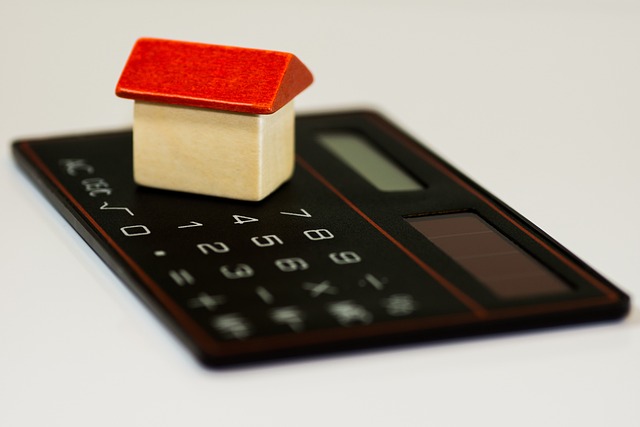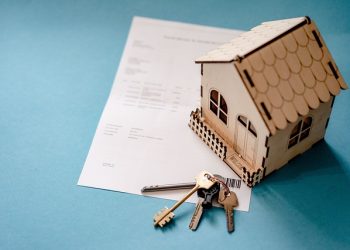House prices in the UK were increasing for six months straight, which was good news for owners looking to sell and bad news for potential buyers. However, we have finally seen a drop in house prices and want to assess what this means for the market.
How worried should homeowners be? And is the good news going to last for a long time for new buyers? Let’s look at what happened and what it means for all involved.
House Prices Dropped in Value
Halifax finalised its report and found that house prices around the UK dropped by an average of 1%, which equates to an almost £3,000 drop in the national average house price; it was the first time in half a year this has happened and has a knock-on effect for buyers and sellers alike.
However, it should be pointed out that house prices are still higher by 0.3% this year than at the same time last year. Of course, this won’t be as steep of an increase as some homeowners wanted, mainly if their mortgage terms were raised, but at least shows that growth has occurred. Overall, though, that rate of growth has somewhat stagnated.
Whatever your circumstances, Krispyhouse is the best way to buy, sell, rent, or let properties in London, thanks to our industry expertise and virtual viewing options.
What Krispyhouse Has to Say About It
Krispyhouse Founder and Chief Executive Anthony Kyriacou had this to say: “Interest rates will almost certainly come down at some point this year, and there is unlikely to be any major expansion in housing supply that would put lasting downward pressure on prices. Expect the resumption of house price growth sooner rather than later.”
The short-term view, however, looks like this: “In the meantime, this 1% fall will put further pressure on the rents. These five months of growth had offered some respite to this market.”
“Rising house prices reflected the fact that more Brits were willing and able to buy homes due to falling mortgage rates and growth in real wages.”
“This freed up rental accommodation as people moved from rentals into homes of their own. With this fall, this respite will end, and we will need to think seriously about how this market might be reformed.”
What the Experts Have Said on the Matter
The COVID pandemic hasn’t significantly damaged house prices, but Halifax Mortgages Director Kim Kinnaird stated, “That a monthly fall should occur following five consecutive months of growth is not entirely unexpected particularly in view of the reset the market has been going through since interest rates began to rise sharply in 2022.”
She continued, “Despite this, house prices have shown surprising resilience in the face of significantly higher borrowing costs. Affordability constraints continue to be a challenge for prospective buyers while existing homeowners on cheaper fixed-term deals are yet to feel the full effect of higher interest rates.”
Despite this drop being not entirely unexpected, as Kim Kinnaird suggested, there is still cautious optimism for the market, depending on your position; “The broader picture is that house prices are up year-on-year, reflecting the opposing forces of an easing cost of living squeeze – now that pay growth is outpacing general inflation – and relatively high interest rates. Taking a slightly longer-term view, prices haven’t changed much over the past couple of years, moving in a narrow range since the spring of 2022, and are still almost £50,000 above pre-pandemic levels.”
Additionally, Knight Frank’s Head of UK Residential Research, Tom Bill, believes interest rates will go down this year to make repayments more affordable, but this could see an average increase in the cost of homes by around 3%.
Iain McKenzie, Chief Executive of The Guild of Property Professionals, seems to agree with Tom Bill: “We anticipate that the coming months will see demand increase further. Buyers typically prefer to move during the warmer months, and in turn, this will increase competition and bolster house prices.”







